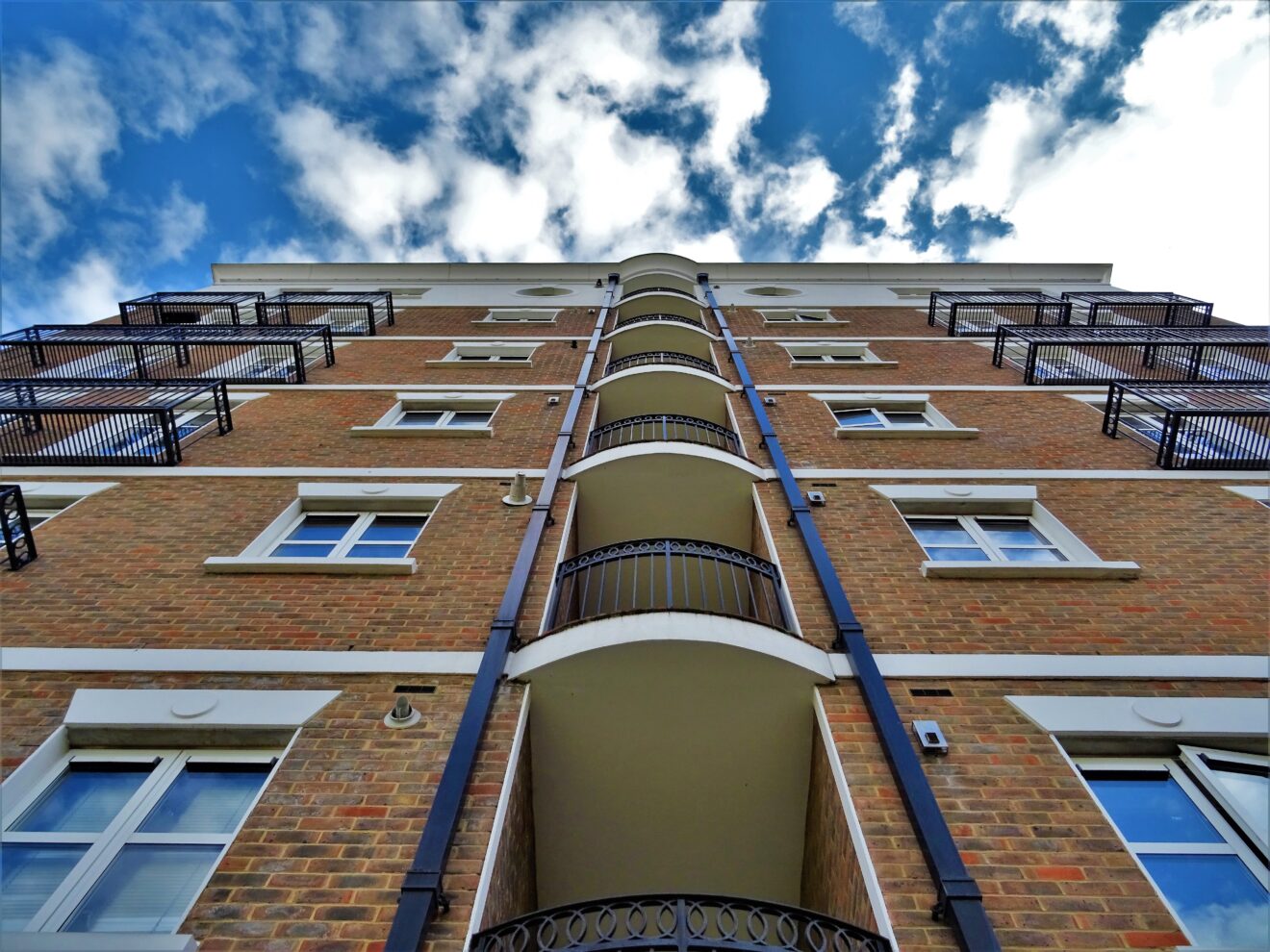Over the last few weeks all charity CEOs in London have experienced a roller coaster management ride: working from home without a choice; having to manage, motivate, furlough or fire colleagues at a distance, while forced to cancel all those precious profile-raising fundraising events.
Then there was all that ripping up of budgets and risk registers while calming trustees and treasurers, as we look for grants, loans – anything basically for which we might be eligible. Then there are our premises, whether rented or owned, which somehow, have taken on a malevolent life of their own.
Life managing London’s leading property advice charity for the voluntary sector means living in the eye of this storm. Enquiries to our free property advice service have soared – with queries covering everything from leases and rent cessations to blocked loos and rats.
Many charities are also coming to us for more in-depth advice, conscious that current property strategies will be unfit for purpose in the post Covid world.
Assuming our charities survive – none of our organisations are going to be the same. Hence EPF is being increasingly asked for options assessments and strategic property coaching for boards and senior management teams to help them plan for a new future.
The cannier charities are already looking to line up cheap money to buy commercial property in the sale of the century which is surely overdue – not least in our high street.
NOW LISTEN: City Natters #2 Self-isolation tips from solo adventure specialist
So, as we move into Covid-19 survival mode here are some property survival tips for what charities should be doing now and what questions they should be asking as they prepare for life post lockdown.
- If using the premises, make sure they are secure, locked, the water is turned off and heating and hot water is adjusted. Take meter readings, remove or lock up valuable items, remove all waste, pick up post, empty or turn off kitchen appliances. Inspect periodically and record what you have done. Notify utility companies that premises are empty so that use will be reduced to a minimum (i.e. stop estimated bills coming in).
- Check you are receiving the maximum rates and other business reliefs. This is changing rapidly so check the Government’s website.
- If a tenant or licensee, talk to your landlord. Tell them if rent is going to be a problem; ask for a rent-free period rather than a deferment. Tell them the premises are unoccupied.
- If you are a landlord – are you in receipt of rent? Is the tenant trading in/occupying the property? Plan for a reduction in rent. Talk to your tenant – they are your partner.
- Put a notice on the door. Provide contact details – including more than one mobile phone/email/landline.
- Tell your insurance company immediately. This applies whether you are owner or tenant. Check you remain covered and what is covered – in the coming months. Check your cover for business continuity if you cannot trade. Rewrite the relevant Health and Safety risk assessments.
- If continuing to occupy and people are coming into the premises (e.g. staff, volunteers and those being helped), issue guidance about how to work. Reconfigure the space to keep a 2m distance; issue personal protective equipment as appropriate; clean premises thoroughly. Put notices at entrance on social distancing. Keep checking for latest Government advice.
Use this period to think about your charity’s future. Some questions to consider as you work on your new post-Covid property strategy.
- Staff: How did your team operate in the lock down? How did they interact together? What worked and could be continued? What did not work?
- Governance: How did the trustees react in the lock down? Were they or was their decision making affected?
- Transport: How will staff commutes be affected post lock down?
Will they be prepared to go on rush hour public transport cheek by jowl? Or will they want more self-isolating modes of travel such as walking, driving, cycling? How will this affect working hours? Could this affect future accommodation needs? More parking, cycle bays, showers?
- Health & safety. How much control do you have over your environment?
If you pay a licence for a shared workspace, how much control over your environment will you have in terms of cleanliness? How could this impact your service users? E.g. vulnerable people with underlying health conditions.
- Future Accommodation: What sort of property do you need? Have the lessons learned in the lock down changed your needs? Or your perspective of the role property plays in your charity’s delivery of its social mission?
This is just the start. Our charity property journey is not necessarily going to take us where we expect, but let’s not forget London and Londoners have recovered from plague before … and gone on to thrive.
The issue right now, is keeping our nerve and getting the right knowledge and support.
Antonia Swinson is chief executive of the Ethical Property Foundation.
For the latest headlines from the City of London and beyond, follow City Matters on Twitter, Instagram and LinkedIn.








